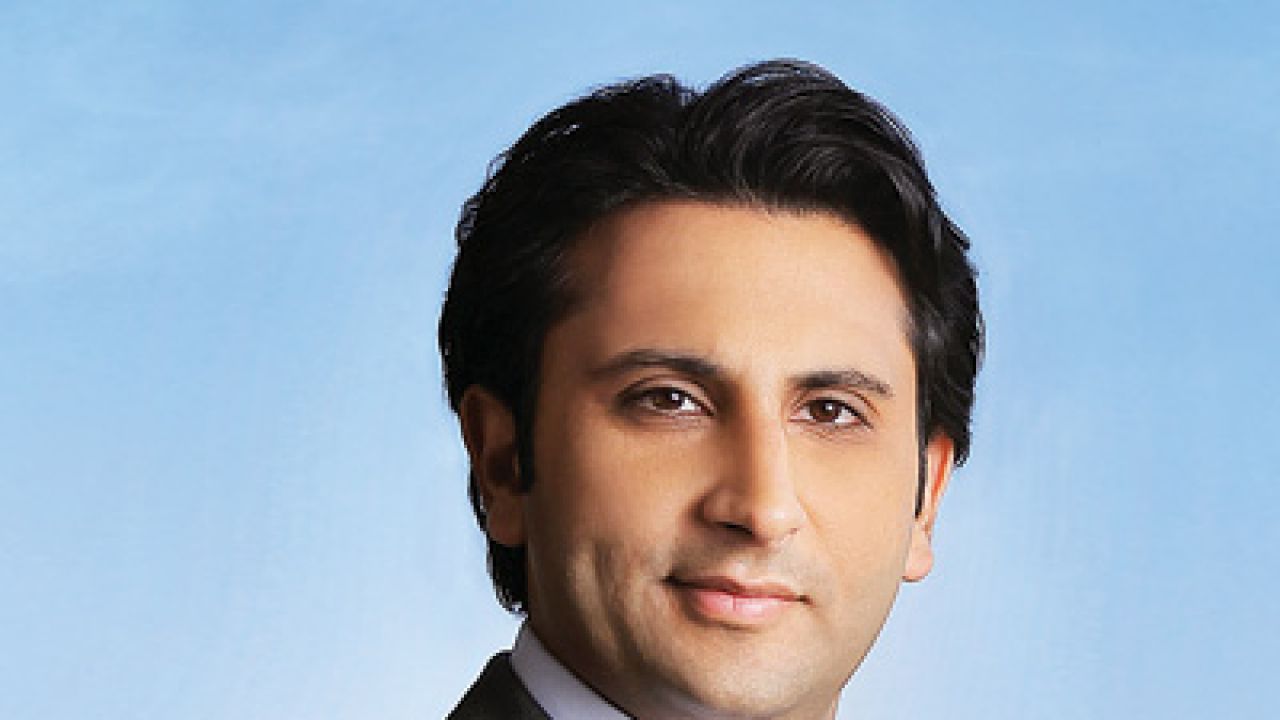
You have recently tied up with Cipla to manufacture and develop vaccines for the European markets. What is the reason behind doing it with Cipla?
Dealing with an Indian company, with an Indian mindset will help in maintaining a long term partnership. We have our experiences in the US, we have tied up with the big pharmas, multinationals which resulted in relationships not lasting more than a few years. The philosophy, ideology is different. Also, decision making in big multinationals is another issue. People there keep changing, the stability is not there. So because of all this we thought we can't go with them.
Also, most of these product that we talk about will act as conflict of interest. I can't go to Sanofi, or GSK, or Merck, or even Pfizer since they are my competitors. So I couldn't ask them to represent Serum, so that is a second reason to go with an Indian company like Cipla. So we were waiting for a company like Cipla to come up with size where they have strong marketing presence and their own team which they have built in Europe. By 2014, we felt it is appropriate to come together and launch in Europe.
Was doing it alone would have been difficult?
Serum also has to reach a certain size before it can take on big pharma in their own countries and home territories because of the entry barriers. It is possible for a company to do that once it reaches not only of a certain size but also through partnership where we can risk and cost our shares. This is exactly what we are trying to do here and that is what Cipla is doing, taking some of the risks and investments which Serum on its own would not have been able to do in ordinary situation. So that's the reason behind tying up with Cipla.
Right now Serum is present in 140 countries. Only countries where we are not present is China, Europe and United States region. Once Cipla expands to the US, we even hope to enter that market. So, we are hoping to cover everything in Europe. And you can count all 25-30 countries in Europe that we want to target. It's not just eastern Europe where we are looking at gaining an entry slowly. The market size for these vaccines in Europe is 300-400 million euros. But it is going to take three years at least. Things will not happen overnight. We have to do human clinical trials on children in Europe, and will have to set up our offices and register our products. So it will take at least three years before any serious revenues come out of this deal.
Did you identify the markets in Europe to gain access through tie-up?
Our strategy is wherever we can gain access in a faster way, we will tackle those first. We are not going to do a Germany or France or UK to begin with since they will be waiting to see how our products do in other European countries. Yes, we may look at Croatia and one or two countries of that nature and can make a beginning where it is more economical to do trials and with faster procedure in place.
Will you restrict yourself with developing paediatric vaccines for Cipla in Europe?
We will have the pediatric vaccine to begin with as per our agreement with Cipla but lots of other new generation adult vaccines are talked about to be rolled out in seven years in Europe and the US. This would include the flu vaccines, pneumococcal vaccines and the human papillomavirus (HPV) for cervical cancer for women. These vaccines will be coming up in Serum's pipeline over the next 3-4 years.
What would be the revenue and profit sharing model? What would be the investments?
Both Cipla and Serum are sharing risks and costs, so we will share the revenue. It is going to be 50:50 share of revenue and profit. Cipla will spend money on registering the product and doing clinical trials, and we will spend money to get our facilities compliant to European standard, on our R&D and quality, on inspections and filing paper works. Cipla will entirely take care on how they want to proceed with their investments and the risks that they are taking, that is, selecting the appropriate market in Europe that would be most economical and quickest to gain entry. I think Cipla would most probably have to budget anywhere between 10-30 million euros or little more on doing clinical trials.